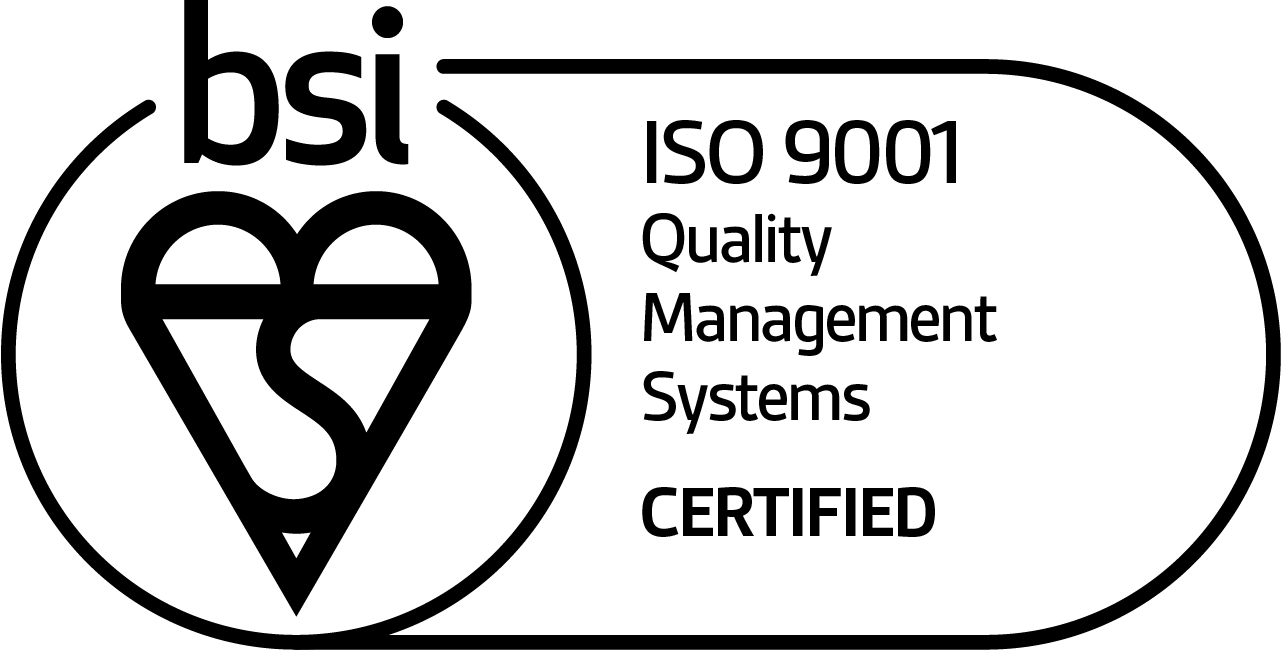Introduction
In recent years, geopolitical pressures and global instability have led governments to ramp up defence spending. In the UK, this surge in investment creates a ripple effect across the whole defence ecosystem—from prime contractors to specialist suppliers to support services. One of the most acute challenges emerging from this boom is the shortage of experienced, security-cleared talent. For firms in the defence sector, the ability to source, vet and deploy niche skills is now a critical differentiator.
At Scantec, we have decades of experience working in the defence sector. In this blog, we explore the forces driving demand, the talent challenges faced by defence organisations, and why Scantec is uniquely positioned to help bridge the gap.
1. Government Defence Spending: The Macro Tailwind
A historic funding uplift
The UK government has recently committed to its largest sustained increase in defence spending since the Cold War. (GOV.UK) Key points include:
- A pledge to raise defence spending to 2.5% of GDP by April 2027, with a further ambition of 3% in the next Parliament. (House of Commons Library)
- In the 2025 spending round, the Defence budget was increased by around £11 billion to support expansion, capability upgrades and supply chain investment. (Forces News)
- In 2024/25, government spending in the UK defence industry rose by 6 % in real terms, reaching £31.7 billion. (GOV.UK)
This level of commitment signals a long-term structural upward trajectory for defence contracts and capability programmes in the UK.
The downstream effect: contract wins and strategic programmes
New and expanded programmes are already underway:
- The UK is investing heavily in submarine-building capacity (e.g. expansion of SSN-AUKUS capability) to meet future naval requirements. (Reuters)
- The Ministry of Defence has just announced a major strategic AI and data partnership with Palantir, pledging up to £1.5 billion in investment and creation of new technology roles in the UK defence sector. (Computing).
- Simultaneously, the government is pushing forward high-tech domains such as autonomous systems, space, cyber, quantum, and advanced manufacturing — areas where niche skill sets are scarce but mission-critical. (GOV.UK)
All of this results in a surge in the number and scale of prime and sub-contracts across the defence supply chain.
2. The Talent Challenge in Defence: Why Experience Is a Premium
While procurement budget and technical programmes may flow, the real bottleneck is people. Defence organisations increasingly struggle to find experienced, cleared personnel with the right domain knowledge. Below are key challenges:
2.1 Security & clearances
Many defence roles require security clearance (SC, DV, etc.). The process is lengthy, involves vetting, and restricts the available labour pool. Transitioning cleared personnel from one project to another is often the only fast path.
2.2 Domain specialism
Defence roles often involve high-consequence systems (weapons systems, classified communications, cryptography, sensor fusion, embedded software, etc.). Professionals with prior hands-on experience are rare; fresh graduates often lack exposure to the regulatory, safety, or operational constraints of defence.
2.3 Retention pressures
Given the competition from adjacent sectors (aerospace, high-tech, cybersecurity, private contractors), defence organisations must offer attractive prospects in terms of project prestige, stability, and career path to retain top talent.
2.4 Supplier fragmentation
Many defence primes rely on numerous smaller subcontractors. These organisations may not have strong in-house recruitment or HR capabilities to attract niche talent or navigate security processes.
As a result, defence firms increasingly depend on specialist recruiters and talent partners who understand the domain, the clearances, and the risk.
3. Scantec’s Defence Credentials & Value Proposition
At Scantec, we are not newcomers to the defence space. Below is how we differentiate ourselves:
3.1 Deep sector pedigree
Scantec has been engaged in the nuclear and defence sectors for 30 years, with many of our consultants boasting long tenures and deep domain knowledge. (scantec.co.uk) Our recruitment divisions have historically supported sectors such as shipbuilding, nuclear, energy, and defence, giving us cross-domain visibility. (recruitermoves.co.uk)
3.2 Niche, security-aware talent pipeline
We understand the clearance process, candidate confidentiality, background checks, and operational constraints around moving cleared staff. Our consultants specialise in engineering, project services, technical trades and nuclear/defence roles. We match not just skills, but domain fit, security posture, and cultural compatibility. (scantec.co.uk) Over the years, we have built a network of professionals who've worked across defence primes, government programmes, systems integrators and more.
3.3 End-to-end recruitment support
We can assist across the recruitment lifecycle: role definition, sourcing, vetting, clearance support, contract structuring, retention planning, and onboarding into highly regulated programmes.
3.4 Trust, compliance and risk mitigation
Given the high stakes in defence, clients demand a recruitment partner they can trust. We are accustomed to compliance, confidentiality, audits and contractual obligations in regulated environments.
4. Outlook & Call to Action
4.1 The demand curve is rising
With the government’s strategic push and major contract wins already materialising, the demand for experienced defence talent will intensify further over the coming years. Organisations that delay strengthening their talent pipelines may find themselves unable to deliver commitments.
4.2 Pre-positioned talent is strategic insurance
Having a ready bench of cleared, domain-experienced candidates — even before the contract award — is a competitive advantage. It enables rapid mobilisation, project risk mitigation, and smoother delivery ramp-up.
4.3 Partnering with a specialist like Scantec reduces friction
By leveraging a trusted, defence-aware recruitment partner, organisations can reduce time-to-fill, minimise project risk, and focus internal resource on execution rather than talent logistics.
If you’re in the defence sector — whether prime, subcontractor, technology supplier or integrator — and you’re facing challenges in sourcing experienced talent, we’d be happy to talk. Scantec is ready to support you with a deep bench of domain-aligned, cleared professionals and recruitment strategies tailored for the defence domain.






